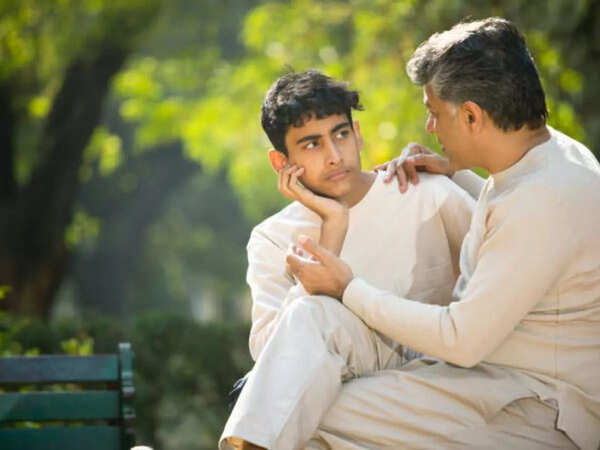Happy Father’s Day: How today’s dads are breaking stereotypes and stepping up as primary caregivers

There was a time when fathers were seen only as the breadwinners, the ones who left early for work, came home late, and were more like weekend visitors in their children’s lives. But that story is being rewritten today. Across the world, and in India too, more and more fathers are choosing to stay home, take paternity leave, or balance flexible work hours to raise their children.This change isn’t just a trend or a social media hashtag. It’s a deep, heartfelt shift that’s reshaping families. And it’s not only good for children, but for everyone in the household.
Emotional presence is the new superpower
For years, emotional connection between father and child was understated. But today, many dads are showing that strength and sensitivity can go hand in hand.Children are growing up with fathers who aren’t afraid to cry during a school play, talk about feelings, or listen patiently to their child’s daily stories. This emotional availability is not just heartwarming, it builds secure, confident children who are emotionally aware and balanced.

Parenting is not a gender role, it’s a relationship
The old belief was simple: mothers nurture, fathers provide. But parenting isn’t a fixed role anymore, it’s a partnership. And in some homes, it’s a reversed one.When fathers take the lead in caregiving, whether due to the mother’s career, health, or mutual choice, it challenges the old idea that men are less capable of nurturing. It shows that care doesn’t belong to one gender. Love, discipline, patience, and sleepless nights are universal languages in parenting.The result? Children learn that gender doesn’t define love, responsibility, or capability. That’s a lifelong lesson in equality.
Children see it. And they remember.
One of the most quietly powerful things about involved fathers is the long-lasting impact it has on their children’s memories. The way a father packs a lunchbox with care, braids hair before school, or sits through an exam revision may seem ordinary, but it builds extraordinary trust.

Children who grow up with active father figures often carry better emotional regulation, stronger social skills, and even healthier academic performance. And for daughters especially, an emotionally involved father becomes a mirror for how they see themselves and how they expect to be treated by others.
Families feel more like teams than hierarchies
The family structure shifts from a top-down authority model to a team-based one when fathers share or lead caregiving. Together, they make decisions. They share tasks. Respect is reciprocal.Another, less obvious advantage is that moms feel more appreciated and encouraged for their identities and aspirations outside of parenting as well as for providing care. likewise kids view both parents as equals rather than as predetermined roles.
This isn’t a trend. It’s a legacy in the making.
It’s easy to tag posts with #DadGoals or share viral videos of dads dancing with toddlers. But what’s happening behind closed doors, fathers waking up for 2 AM feedings, managing school schedules, understanding tantrums with patience, that’s where the real legacy is built.Today’s dads are showing that caregiving isn’t something they were asked to do; it’s something they chose to do. And that choice is changing not just childhoods, but the way the next generation will define love, equality, and family.This shift isn’t just admirable. It’s revolutionary. And it’s only just begun.






